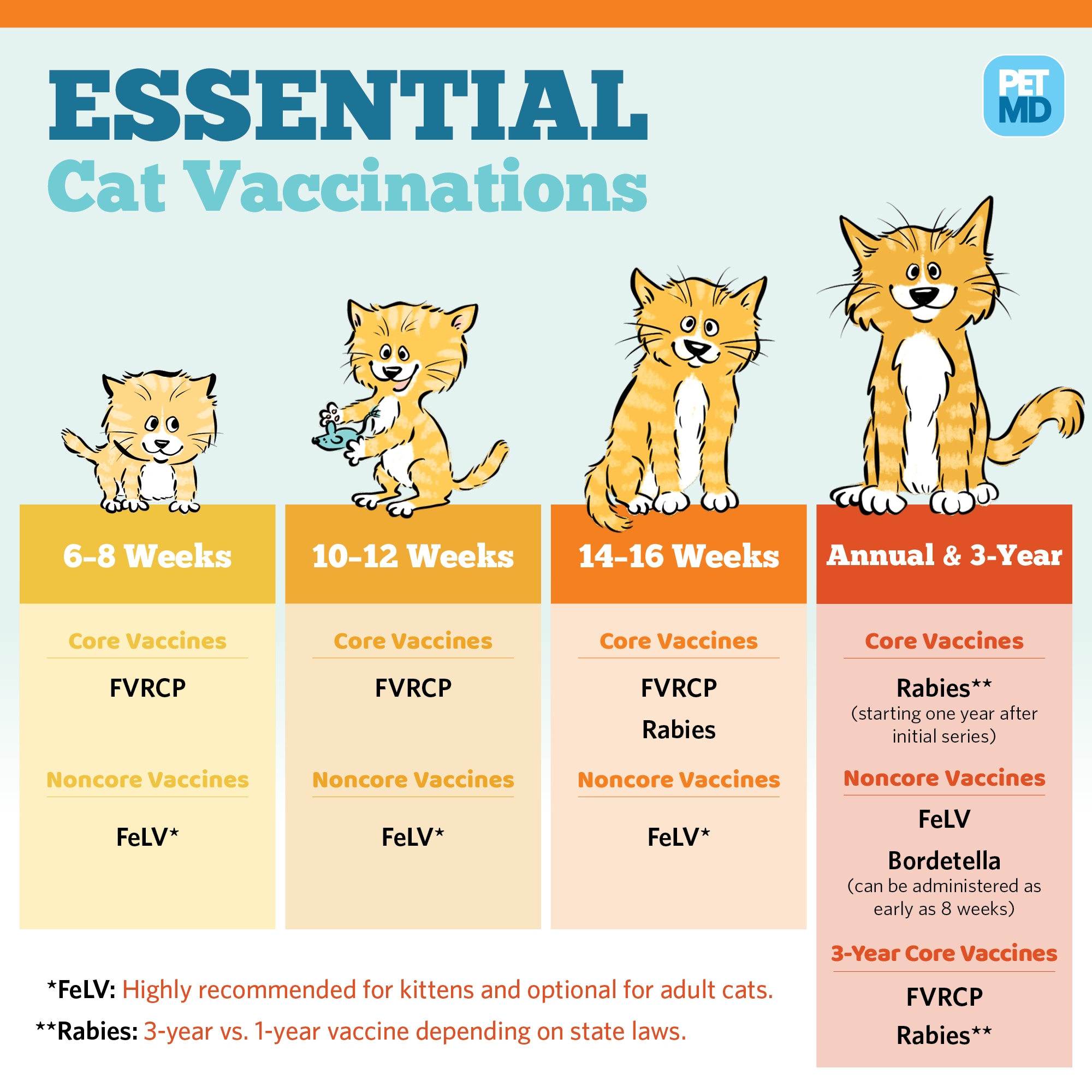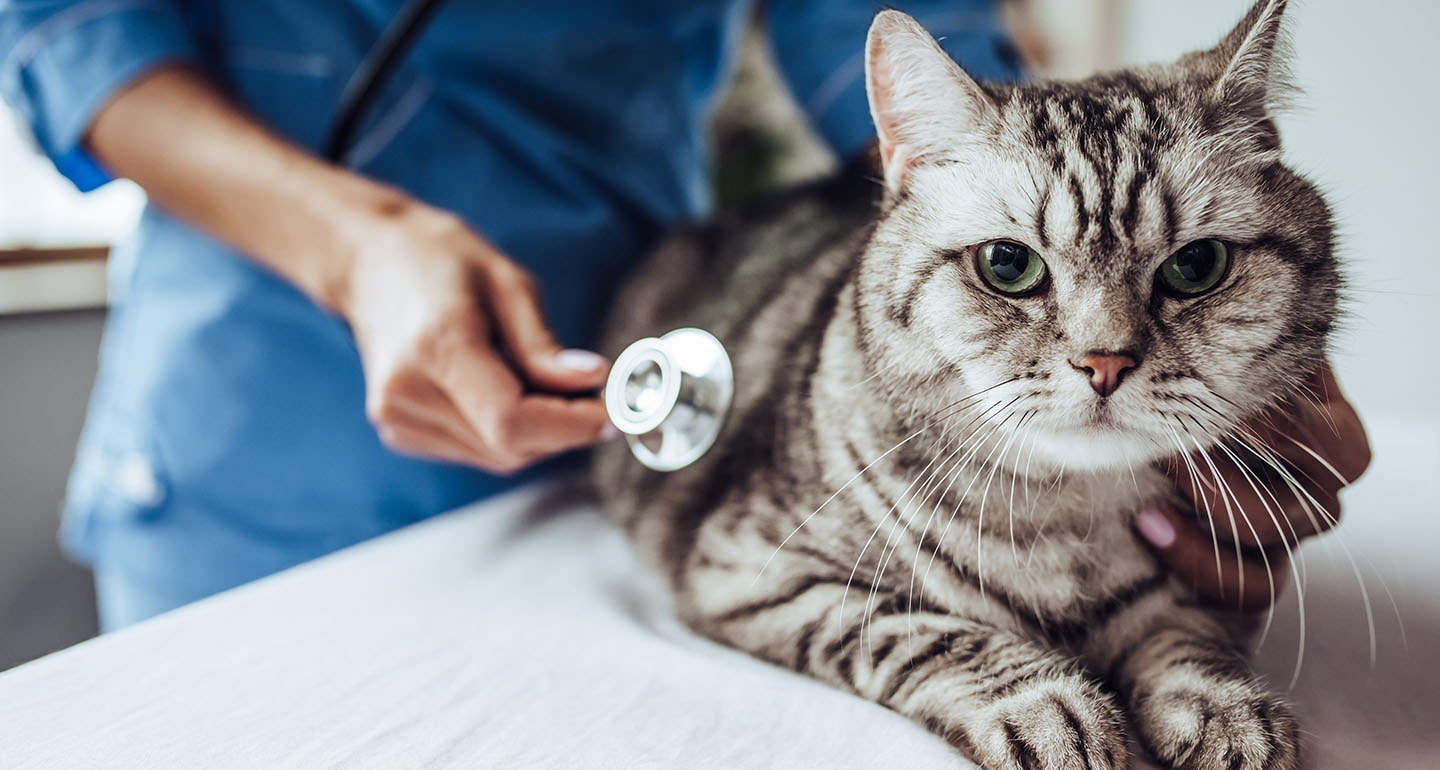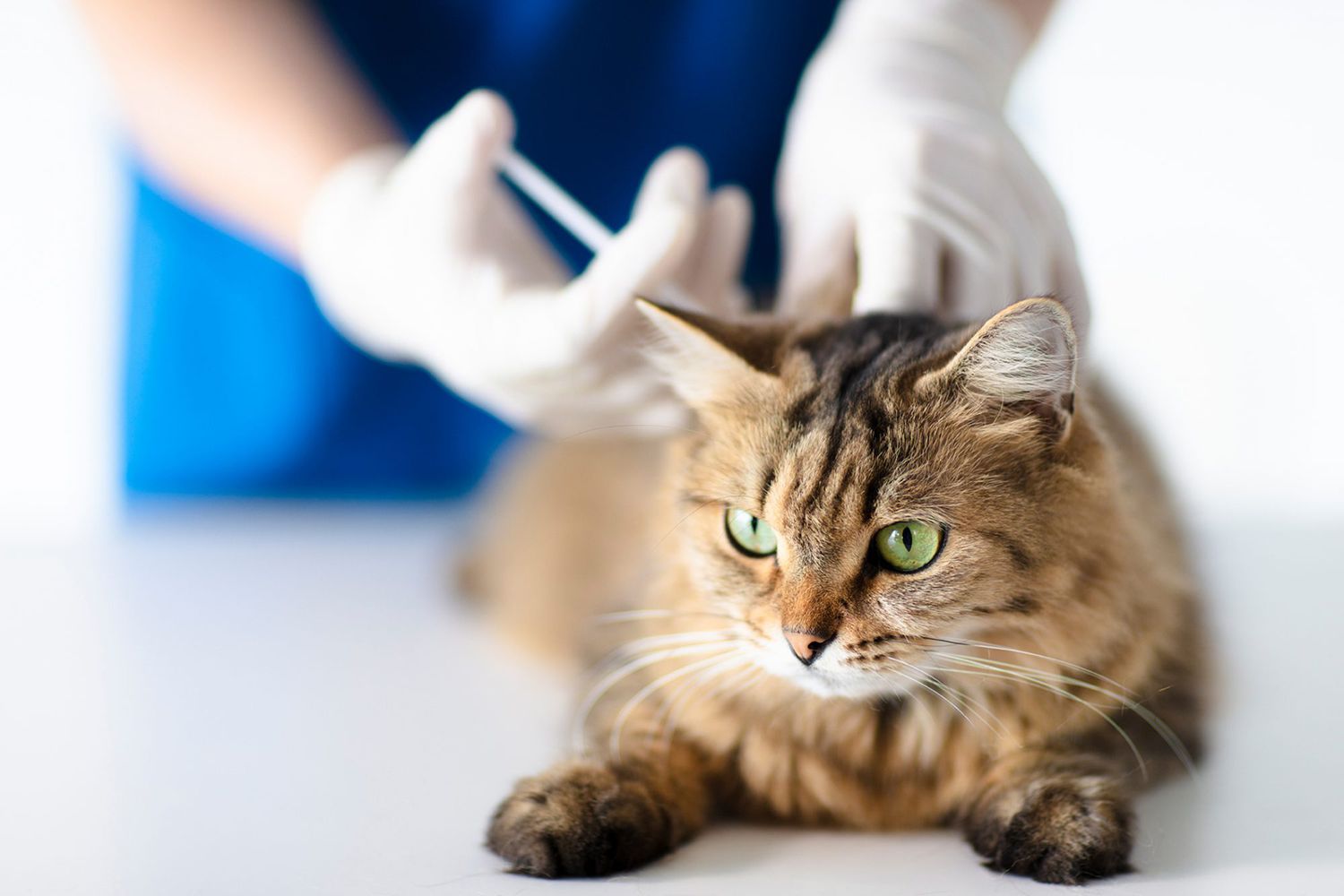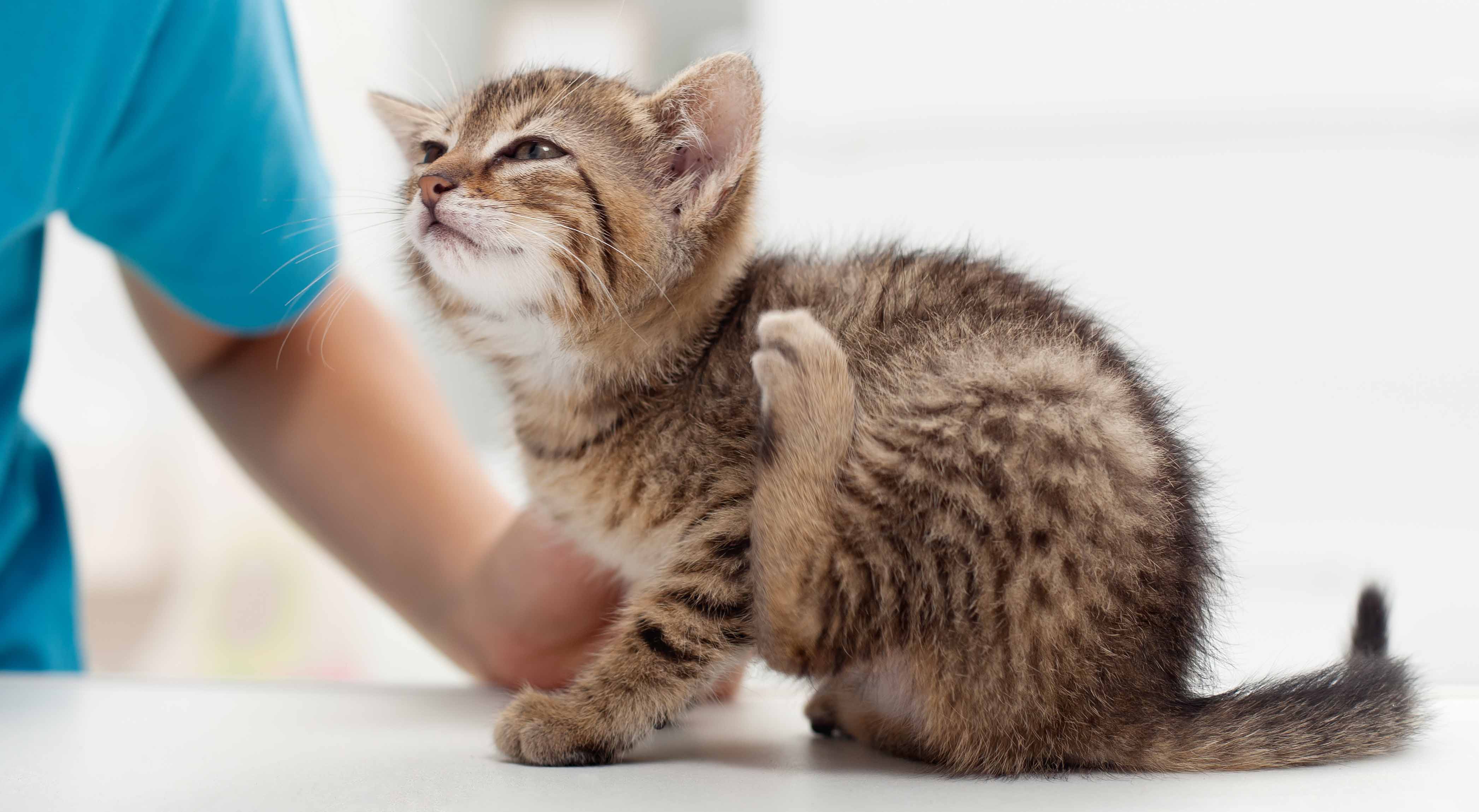Fvrcp Vaccine For Indoor Cats
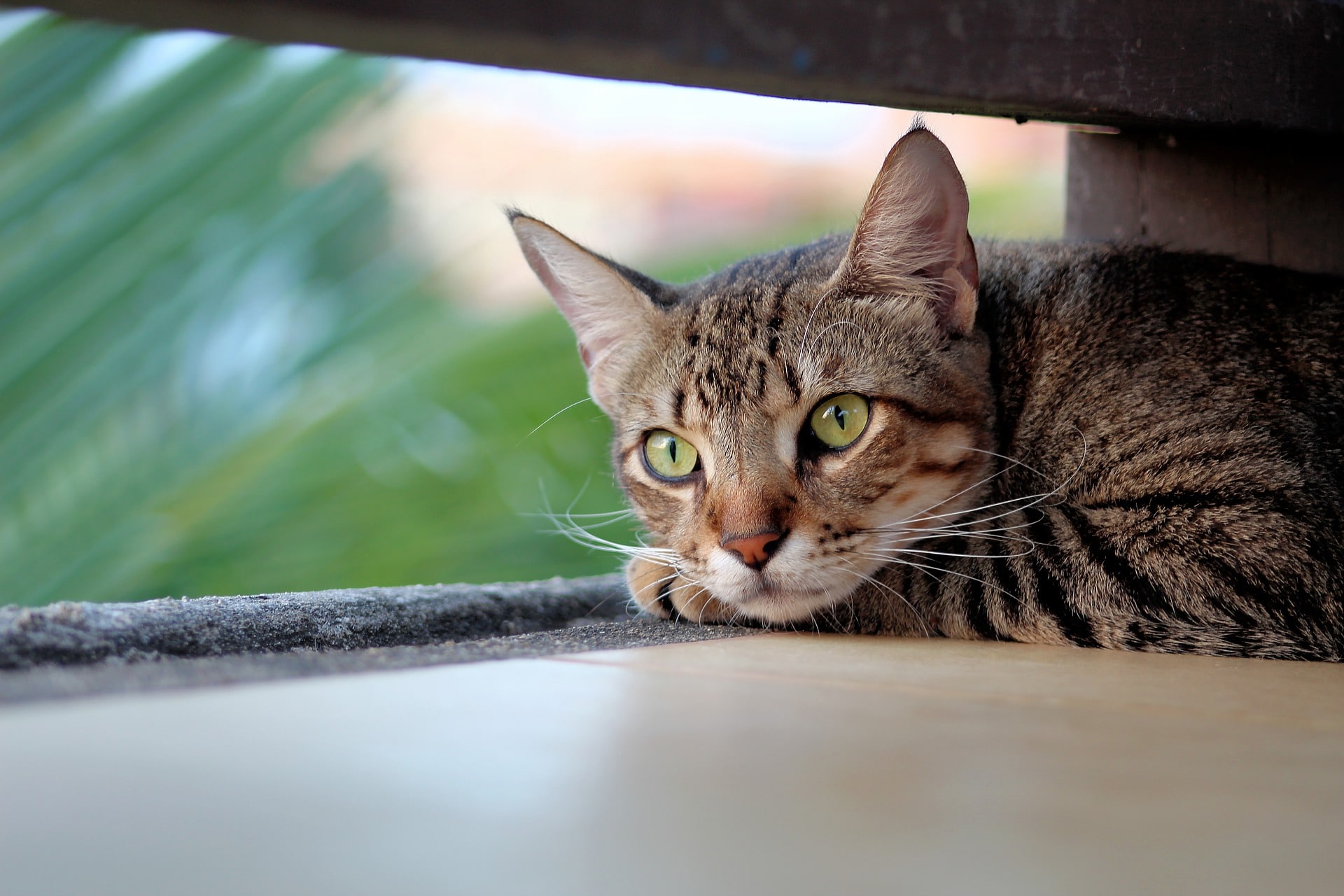
Rhinotracheitis calicivirus and panleukopenia.
Fvrcp vaccine for indoor cats. Because FVRCP is a live vaccine it should not be given to pregnant cats. I therefore recommend that all cat owners diligently have their cats vaccinated with the so-called FVRCP at 6-8 weeks 10-12 weeks and 14. Feline chlamydiosis caused by Chlamydophila felis infection.
Cats heading into stressful situations such as boarding may benefit from a core vaccine booster 7-10 days before. Herein is Fvrcp vaccine necessary for indoor cats. FVRCP Feline Viral Rhinotracheitis herpes Calici Panleukopenia feline distemper every 3 years.
The FVRCP vaccine for cats protects your cat from three nasty viruses. Rhinotracheitis is triggered by the common feline herpes virus. Most veterinarians give a series of three FVRCP vaccines at 8 12 and 16 weeks of age to gradually boost the.
Adult cats should receive a booster once every year or two according to your vets recommendation. These diseases are airborne so every cat needs to be vaccinated against them. Under the 2006 AAFP guidelines feline viral rhinotracheitis calici virus and panelukopenia or FVRCP and rabies are considered core vaccines and after kittenhood should be given every three.
Is the FVRCP Vaccine Necessary for Indoor Cats. The other core vaccine is the FVRCP vaccine. The World Small Animal Veterinary Association says Core vaccines protect animals from severe life-threatening diseases that have global.
Even strictly indoor cats who do not have exposure to the outdoors may sit by an open window or screen or are exposed to these diseases as. Core vaccines for cats are those that are strongly recommended to be administered to ALL catseven for cats that dont go outside. The FVRCP vaccine has been shown to confer immunity for at least three years so vaccinating your cats with this vaccine any more frequently is probably unnecessary.
